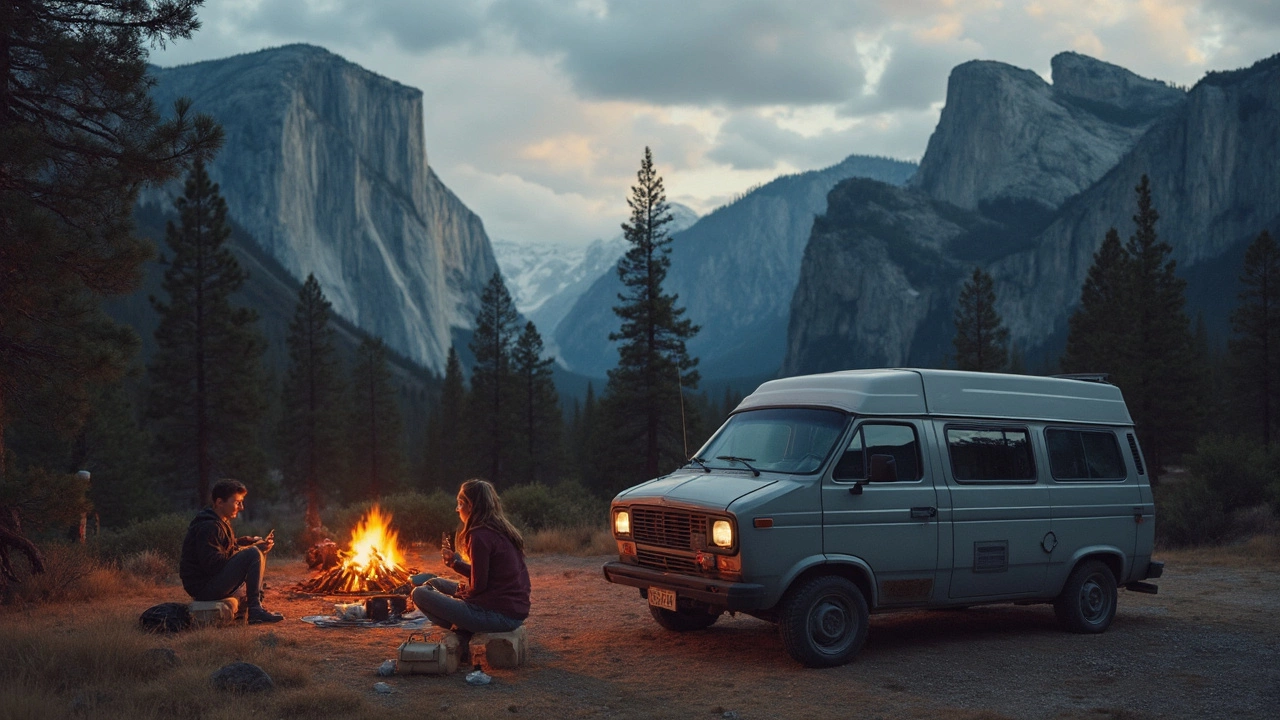Campervan Parking Tips for Stress‑Free Road Trips
Finding a place to park your campervan can make or break a holiday. You want somewhere safe, legal, and cheap – ideally all three. Below are the most practical spots you can use right now, plus a few stealth tricks for when the obvious options are full.
Legal places to park overnight
Supermarkets and big‑box stores often allow overnight stays in their car parks. Walmart is a classic example in the UK and US; most locations let you park for free as long as you keep a low profile and don’t block traffic. Check the store’s policy on their website or ask the manager before you settle in.
Motorway service stations are another gold mine. They usually have designated motorhome bays, electric hook‑ups, and sometimes even shower blocks. Stay no longer than a night or two, and respect any time limits posted on the signs.
National parks and coastal areas have designated campsites that cost a small fee but give you a legal spot with basic facilities. In Scotland, wild camping is allowed almost everywhere, but you still need to follow the Scottish Outdoor Access Code – no litter, no fire in dry areas, and move on after a couple of days.
If you’re heading to a beach, look for “overnight parking” signs. Many UK beaches allow you to park a campervan for a night, especially in the off‑season. Just remember to arrive early, keep windows covered, and avoid loud parties – the local council can fine you for noise or rubbish.
Stealth and wild parking tricks
When legal spots are full, stealth camping can keep your trip moving. The key is to blend in. Park behind a row of cars, close the curtains, and turn off any bright lights. A simple reflective blanket on the roof can hide the shape of your vehicle from passing cars.
Boondocking – parking off‑grid on public land – works well in rural areas, forests, and some state lands. Look for dispersed camping zones where you can stay for free, but always check local regulations first. In the UK, many forest tracks let you park for a night if you don’t stay longer than 24‑48 hours.
Side‑of‑road parking is legal in many parts of the US, but you need to watch for “no overnight parking” signs. In California, you can often sleep on the shoulder of a highway if the sign permits it, but avoid busy interchanges and stay clear of fire lanes.
Car‑camping inside your campervan is a comfortable option when space is tight. Keep the interior tidy, use a portable fan for ventilation, and invest in a good window cover to block early morning light. This method lets you stay in places where a full‑size motorhome would be banned.
Finally, use apps like Park4Night, iOverlander, or Google Maps to scout spots before you arrive. They show user‑rated parking areas, electric hook‑up availability, and any recent changes to local rules. A quick check can save you from a night of hunting for a legal spot.
With these tips, you’ll spend less time worrying about where to park and more time enjoying the open road. Happy travels!
-
 VIEW POST
VIEW POSTCan You Park a Campervan Anywhere in the US? The Real Deal Explained
May, 22 2025|0 CommentsWondering if you can just pull up and park your campervan anywhere in the US? The rules are more complicated than you might think. This article breaks down where you can and can't legally park your campervan, covers the differences between public and private land, and shares tips for finding safe overnight spots. You'll get the scoop on places that welcome campervans—and places where you'll get the dreaded knock. No more guessing or risking a ticket.